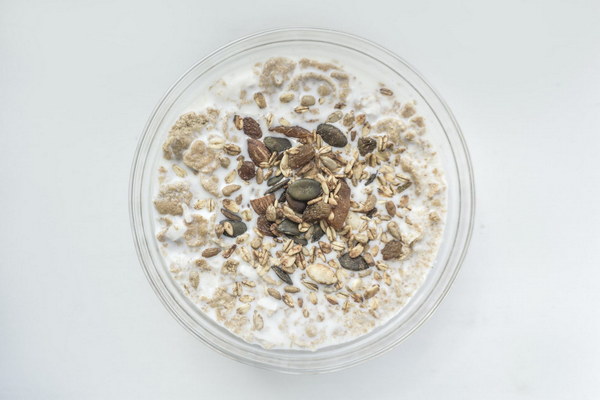Revolutionizing Liver Health The Impact of HIT Hepatoprotective Medication
In the realm of medical advancements, the discovery of HIT hepatoprotective medication has marked a significant milestone in the treatment of liver diseases. Liver disorders have long been a major concern globally, affecting millions of people and posing a substantial burden on healthcare systems. HIT, a revolutionary hepatoprotective medication, has emerged as a beacon of hope for those suffering from liver diseases. This article aims to delve into the intricacies of HIT and its impact on liver health.
HIT, short for Hepatoprotective Intervention Therapy, is a novel medication designed to protect the liver from damage caused by various factors such as alcohol, viral infections, and toxic substances. The drug works by modulating the liver's defense mechanisms and enhancing its ability to regenerate damaged cells. Its introduction has brought a new dimension to the treatment of liver diseases, offering a promising alternative to conventional therapies.
The liver is an essential organ responsible for metabolizing nutrients, detoxifying harmful substances, and producing essential proteins. When the liver is damaged, it can lead to serious health complications, including cirrhosis, liver failure, and liver cancer. Traditionally, the treatment of liver diseases has focused on managing symptoms and slowing down the progression of the disease. However, HIT takes a proactive approach by targeting the root cause of liver damage and promoting liver regeneration.
One of the key mechanisms of HIT is its ability to reduce oxidative stress. Oxidative stress occurs when there is an imbalance between the production of reactive oxygen species (ROS) and the body's ability to neutralize them. This imbalance leads to cellular damage, including liver cells. HIT contains antioxidants that help neutralize ROS and protect liver cells from oxidative damage. By doing so, HIT prevents the progression of liver diseases and improves overall liver function.
Another crucial aspect of HIT is its ability to stimulate liver regeneration. Liver cells have an impressive capacity to regenerate and repair damaged tissue. However, this process can be hindered by various factors, including chronic inflammation and oxidative stress. HIT helps to overcome these obstacles by reducing inflammation and promoting the growth of new liver cells. This not only improves liver function but also prevents the progression of liver diseases.
Clinical studies have demonstrated the efficacy of HIT in treating various liver diseases, including hepatitis B and C, non-alcoholic fatty liver disease (NAFLD), and alcoholic liver disease. Patients who have been treated with HIT have shown significant improvements in liver function, reduced inflammation, and a decrease in the progression of liver diseases. Moreover, HIT has been found to be well-tolerated with minimal side effects, making it an attractive option for patients seeking effective liver disease treatment.

The impact of HIT on liver health extends beyond its clinical applications. The introduction of HIT has also sparked a renewed interest in liver disease research, leading to the development of new diagnostic tools and treatment strategies. Furthermore, HIT has the potential to reduce the burden on healthcare systems by offering a cost-effective solution to liver diseases. This is especially important in low- and middle-income countries, where liver diseases are a leading cause of mortality and morbidity.
In conclusion, HIT hepatoprotective medication has revolutionized the treatment of liver diseases. Its ability to reduce oxidative stress, stimulate liver regeneration, and improve liver function makes it a promising option for patients suffering from liver disorders. As research continues to evolve, HIT is poised to become a cornerstone in the fight against liver diseases, offering hope and a better quality of life to millions of people worldwide.









